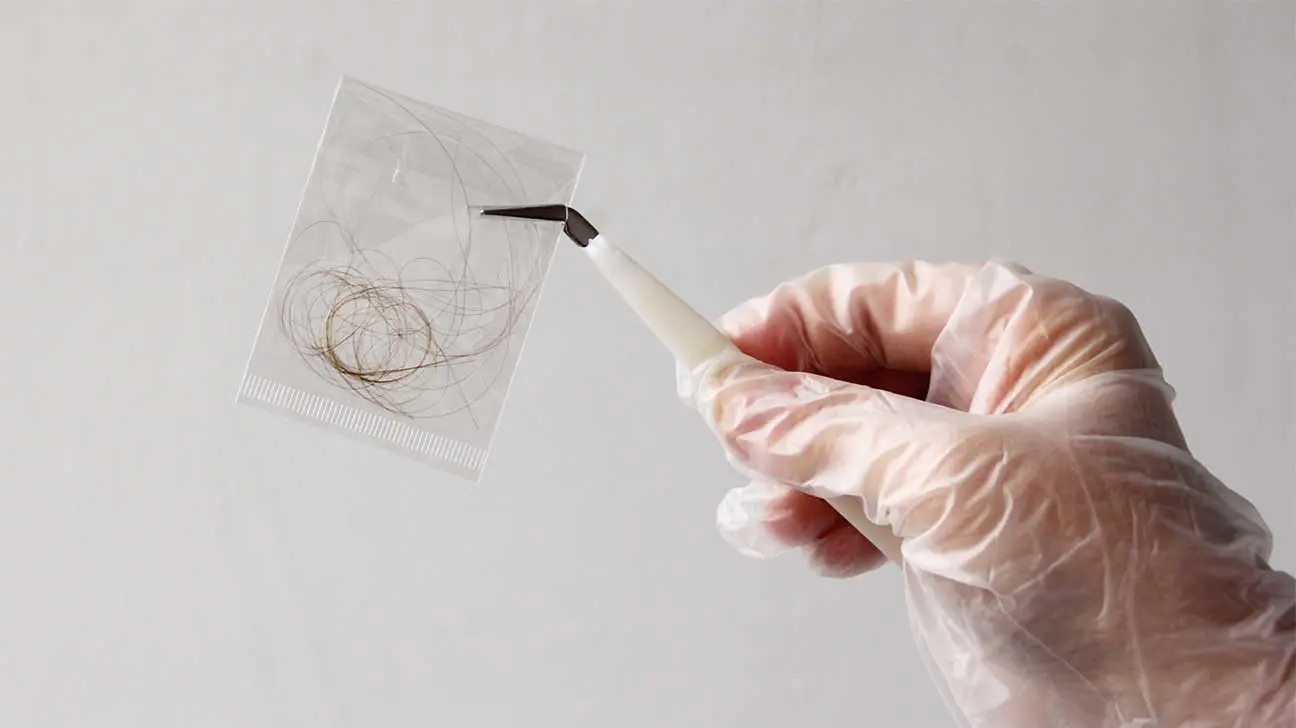
Hair tests, which analyze samples of hair follicles, can detect molly use for a longer period of time than any other drug test.
The amount of time molly remains detectable in hair can depend on a wide range of factors, including drug tolerance, dependence, and amount of molly used.
Molly Detection Time In Hair
Millions of people each year use hallucinogenic drugs like molly, formally known as methylenedioxymethamphetamine (MDMA) and sometimes referred to as ecstasy.
Hair testing methods can detect illicit drug use for up to 90 days after your last use of the drug.
This applies to the use of MDMA, as well as other common drugs of abuse, such as methamphetamine, opioids, and cocaine.
What Factors Can Affect How Long MDMA Stays In Your Hair?
Hair tests generally have a long detection window. Certain personal and biological factors, however, can affect the amount of time MDMA can stay in your system.
These factors that can affect molly detection times include:
- amount of molly used
- frequency of use
- drug dependence
- overall health
- body mass index (BMI)
- taking multiple drugs (e.g. other hallucinogens, cannabis)
Styling, dying, or washing hair will not affect drug detection times.
What Happens During A Hair Test?
Hair tests can be performed in a clinical setting or at home. With an at-home hair kit, the individual must mail samples of hair to a lab for confirmation drug testing.
Within a clinical setting, a lab technician will take 100-120 strands of hair from the crown of the head. If there is no scalp on the head, hair may be taken from another area of the body.
Why Are Hair Tests Used For MDMA?
Compared to other drug screenings, hair tests can be useful for identifying a pattern of substance use. This is due to its long detection window.
A drug test can be ordered by a healthcare provider, employer, or legal entity. Hair testing can detect the use of multiple drugs over a long stretch of time.
How To Get MDMA Out Of Your System
Letting molly leave the body naturally is the only way to get it out of your system. For people who use molly once, or infrequently as a party drug, this can be easy.
But this might not be easy for everyone. People who take molly regularly can become dependent on it through frequent use. This can cause withdrawal symptoms such as fatigue, loss of appetite, and depression.
In addition, MDMA is sometimes abused with other drugs. In this case, seeking professional help through a detox program is the safest way to get sober.
Treatment For Molly Abuse
Molly, like any drug, can be abused. Molly boosts levels of the “feel good” chemicals dopamine and serotonin, which can produce a sense of happiness and well-being.
Signs of molly abuse can include:
- hiding or lying about drug use
- taking higher doses of molly over time
- taking molly often
- continuing to take molly despite negative effects on health, employment, or general well-being
Some people may abuse molly as a form of self-medication.
Treatment for molly abuse may involve detox, behavioral therapy, and mental health counseling. This can be found in an inpatient or outpatient drug rehab program.
If you or a loved one is taking a lot of molly, we can help you by explaining your treatment options. Call our helpline today to find detox or treatment for drug abuse near you.
Addiction Resource aims to provide only the most current, accurate information in regards to addiction and addiction treatment, which means we only reference the most credible sources available.
These include peer-reviewed journals, government entities and academic institutions, and leaders in addiction healthcare and advocacy. Learn more about how we safeguard our content by viewing our editorial policy.
- U.S. National Institute on Drug Abuse (NIDA): drugabuse.gov—MDMA (Ecstasy/Molly) DrugFacts
https://www.drugabuse.gov/publications/drugfacts/mdma-ecstasymolly - U.S. National Library of Medicine (NIH): PubMed—Analysis of MDMA and its metabolites in urine and plasma following a neurotoxic dose of MDMA
https://pubmed.ncbi.nlm.nih.gov/17579960/ - Quest Diagnostics—Hair Drug Testing FAQ
https://www.questdiagnostics.com/dms/Documents/Employer-Solutions/Brochures/quest-hair-testing-faq-2018/Quest%20hair%20drug%20testing%20FAQ.pdf


